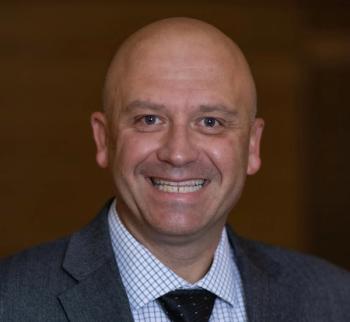
How DNA and EHR Data Helped Pinpoint a Pivotal Gene Variant
Hint: The finding relied on medical information from more than 46,000 Geisinger patients.
A freshly discovered genetic variant is linked to reduced risk of chronic liver disease, a revelation that researchers hope might aid in the development of treatments to better help patients. And the story of how various kinds of data came together to unearth the finding might be equally exciting to the healthcare-technology crowd.
Investigators from the Regeneron Genetics Center and the healthcare giant Geisinger
“This is exciting news because it means that future therapies that mimic the effect of this genetic change could have the same protective effect against liver disease,” Tooraj Mirshahi, PhD, an associate professor in Geisinger’s Department of Functional and Molecular Genomics, said in
So, for the number crunchers, how did the research team come to this finding? They used exome sequencing and electronic health record (EHR) data from 46,544 patients who took part in the Geisinger MyCode Community Health Initiative, a program designed to foster genomic and precision medicine research, according to the organization. Participants consented to their information being used for research, donated their DNA by way of blood samples, and provided access to their EHRs.
Geisinger noted that the system offers a “powerful and rich data set” unmatched by any other project stemming from a health system. The organization said it has enlisted roughly 190,000 patients, who have helped yield 500 medically relevant results.
“The discovery of this gene variant and publication of this important study … is another example of the benefits of our historic collaboration with Regeneron and of Geisinger’s long-standing investment in [EHRs] and its research program,” noted David H. Ledbetter, PhD, Geisinger’s executive vice president and chief scientific officer.
For this project, investigators also leveraged data from a heart study repository and a biobank, along with liver tissue simples plucked from Geisinger surgeries, according to the institution.
The finding is a big deal, as chronic liver disease and cirrhosis are among the country’s worst killers, according to Geisinger. In 2014, for instance, they caused 38,000 deaths.
But the method by which researchers reached the finding is of equal importance, at least in some circles. Why? This successful, large-scale blending of disparate data points, including those from ever-tricky EHRs, could go on to pave the way toward even more treatment-changing discoveries.
Get the best insights in healthcare analytics
Related




























































































